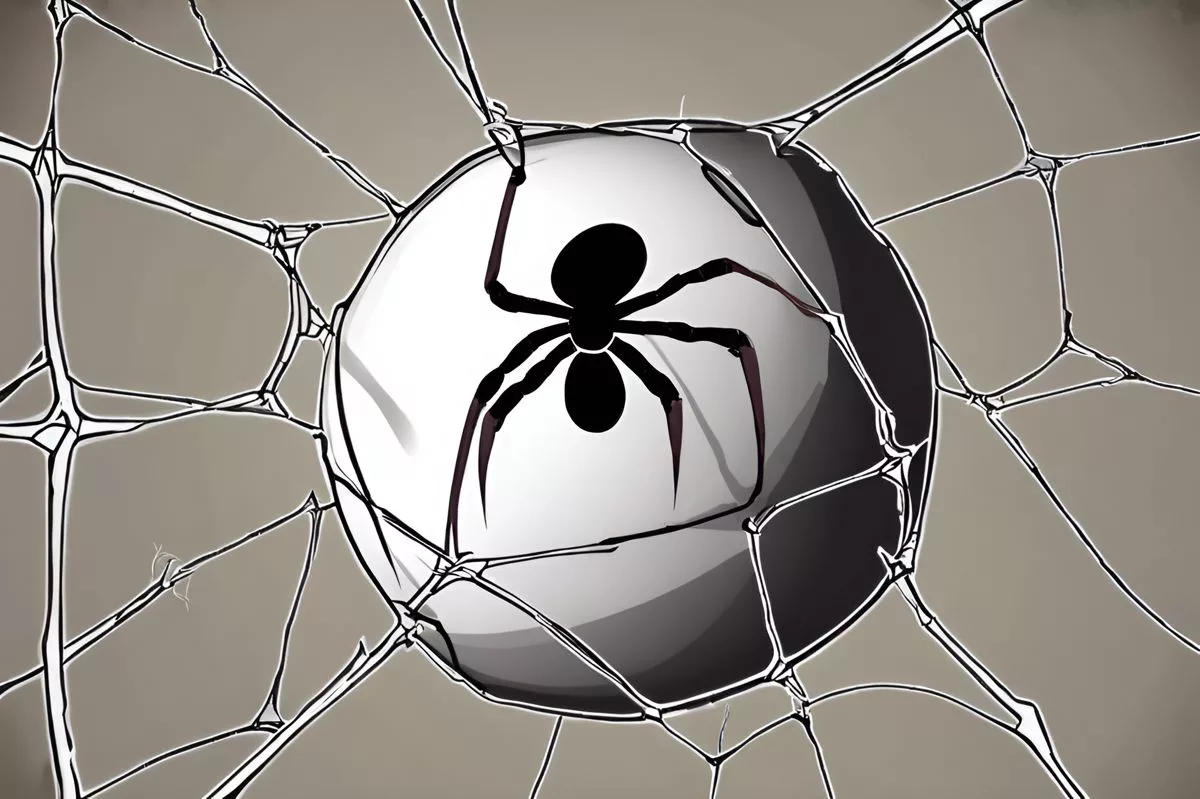In 2023, the South African Rugby Union faced financial struggles due to increased costs, particularly related to game-related activities like participating in competitions. Despite the deficit, the CEO of SA Rugby viewed it as a significant achievement, given the challenges faced both on and off the field. SA Rugby’s financial balance was affected by factors such as the costs of the Rugby World Cup, ongoing investment in northern hemisphere participation, and the absence of traditional inbound and outbound series. Despite the challenges, SA Rugby carries no debt and has reported an unqualified audit.
South African Rugby Union’s Financial Struggles and Triumphs
In 2023, the South African Rugby Union faced a pre-tax deficit of R6.8m due to amplified costs, largely tied to game-related activities. The participation in the Vodacom URC and EPCR competitions consumed 38% of the union’s yearly revenue of R1.35bn. Despite the financial hurdles, SA Rugby’s CEO highlighted the challenges faced both on and off the field and SA Rugby carries no debt and has once again reported an unqualified audit.
A Year of Financial Hurdles
In 2023, the South African Rugby Union (SA Rugby) grappled with a pre-tax deficit reaching R6.8m, largely due to considerable expenses tied to the sport. This financial predicament was unveiled to its members during the Annual Meeting held in Cape Town. Despite the fiscal challenge, Rian Oberholzer, the CEO of SA Rugby, hailed this as a significant feat. This perspective was informed by the reality of the international rugby landscape, where many national unions have announced substantial losses.
SA Rugby’s financial year was characterized by amplified costs, majority of which were linked to game-related activities. The focal point of these expenses was the participation in the Vodacom URC and EPCR competitions, which consumed R385m – 38% of the union’s yearly revenue of R1.35bn. The glorious victory in the Rugby World Cup further escalated the costs by R133m.
Revenue Allocation and Challenges
In an intriguing turn of events, the activities of the Springbok and their national team, combined with player image rights and local insurance costs, absorbed R326m and R124m respectively. This total of R450m accounted for an additional 33% of the union’s revenue. The remaining quarter of the funds, totaling R347m, was allocated among the member unions.
This increased expenditure occurred within a financially challenging timeframe, marked by a decrease in revenues. The primary cause of this revenue shrinkage was the reduction in the Springbok fixture programme, which led to a 7% slump in group revenues. This fall was from R1.54bn in 2022 to R1.44bn. Oberholzer, nevertheless, maintained an aura of hopeful accomplishment during his address in Cape Town. He acknowledged the financial hurdles but remained optimistic, highlighting the challenges faced both on and off the field.
Factors Affecting the Financial Balance
The financial balance of SA Rugby was negatively affected by several factors. These included the hefty costs of the Rugby World Cup, the ongoing investment in northern hemisphere participation, and several other factors. The absence of traditional inbound and outbound series and the truncated Rugby Championship contributed to the decline in revenues. Furthermore, the contractual obligation to offer Rugby World Cup player and management win bonuses inflated the team costs.
However, some unexpected revenue sources surfaced that mitigated the potential deficit. The shortfall created by the lack of a Currie Cup sponsor was compensated by revenues from merchandise royalties and test guarantees for Rugby World Cup warm-up matches against Wales and New Zealand. Additionally, there was a substantial surge in group grant income from World Rugby, which went up from R36.4m in 2022 to R290.6m.
SA Rugby’s Resilience Amid Struggles
Oberholzer, while elaborating on the situation, pointed out that all international federations are grappling with financial difficulties. He contended that SA Rugby is no exception. However, he also proudly stated that unlike many counterparts, SA Rugby carries no debt and has once again reported an unqualified audit.
Understandably, SA Rugby’s financial standing, though shaky, is commendable. This is especially true when taking into account the pandemic’s impact and the magnitude of the annual investments for the game. Oberholzer conveyed his gratitude to everyone in the sport for their unwavering support and contribution, which made such an outcome achievable.
The comprehensive annual report will be published on the Springboks’ official website next week. This document will provide a detailed exploration of the financial situation and the challenges encountered by SA Rugby. Despite the annual pre-tax deficit, SA Rugby’s determination and adaptability in handling these turbulent circumstances offer an inspiring story of resilience. While the future is shrouded in uncertainty, it also carries the promise of potential for this pillar of the rugby world.
What financial struggles did the South African Rugby Union face in 2023?
In 2023, the South African Rugby Union faced a pre-tax deficit of R6.8m due to amplified costs, largely tied to game-related activities. The participation in the Vodacom URC and EPCR competitions consumed 38% of the union’s yearly revenue of R1.35bn.
What were the factors affecting the financial balance of the South African Rugby Union?
The financial balance of SA Rugby was negatively affected by several factors. These included the hefty costs of the Rugby World Cup, the ongoing investment in northern hemisphere participation, and the absence of traditional inbound and outbound series. Furthermore, the contractual obligation to offer Rugby World Cup player and management win bonuses inflated the team costs.
What percentage of the union’s yearly revenue was allocated to the Springbok and their national team?
The activities of the Springbok and their national team, combined with player image rights and local insurance costs, absorbed R326m and R124m respectively. This total of R450m accounted for an additional 33% of the union’s revenue.
Did SA Rugby incur any debt despite the financial struggles?
Despite the financial struggles, SA Rugby carries no debt and has once again reported an unqualified audit.
What were the unexpected revenue sources that surfaced to mitigate the potential deficit?
The shortfall created by the lack of a Currie Cup sponsor was compensated by revenues from merchandise royalties and test guarantees for Rugby World Cup warm-up matches against Wales and New Zealand. Additionally, there was a substantial surge in group grant income from World Rugby, which went up from R36.4m in 2022 to R290.6m.
What will the comprehensive annual report of SA Rugby provide?
The comprehensive annual report will be published on the Springboks’ official website next week. This document will provide a detailed exploration of the financial situation and the challenges encountered by SA Rugby.












